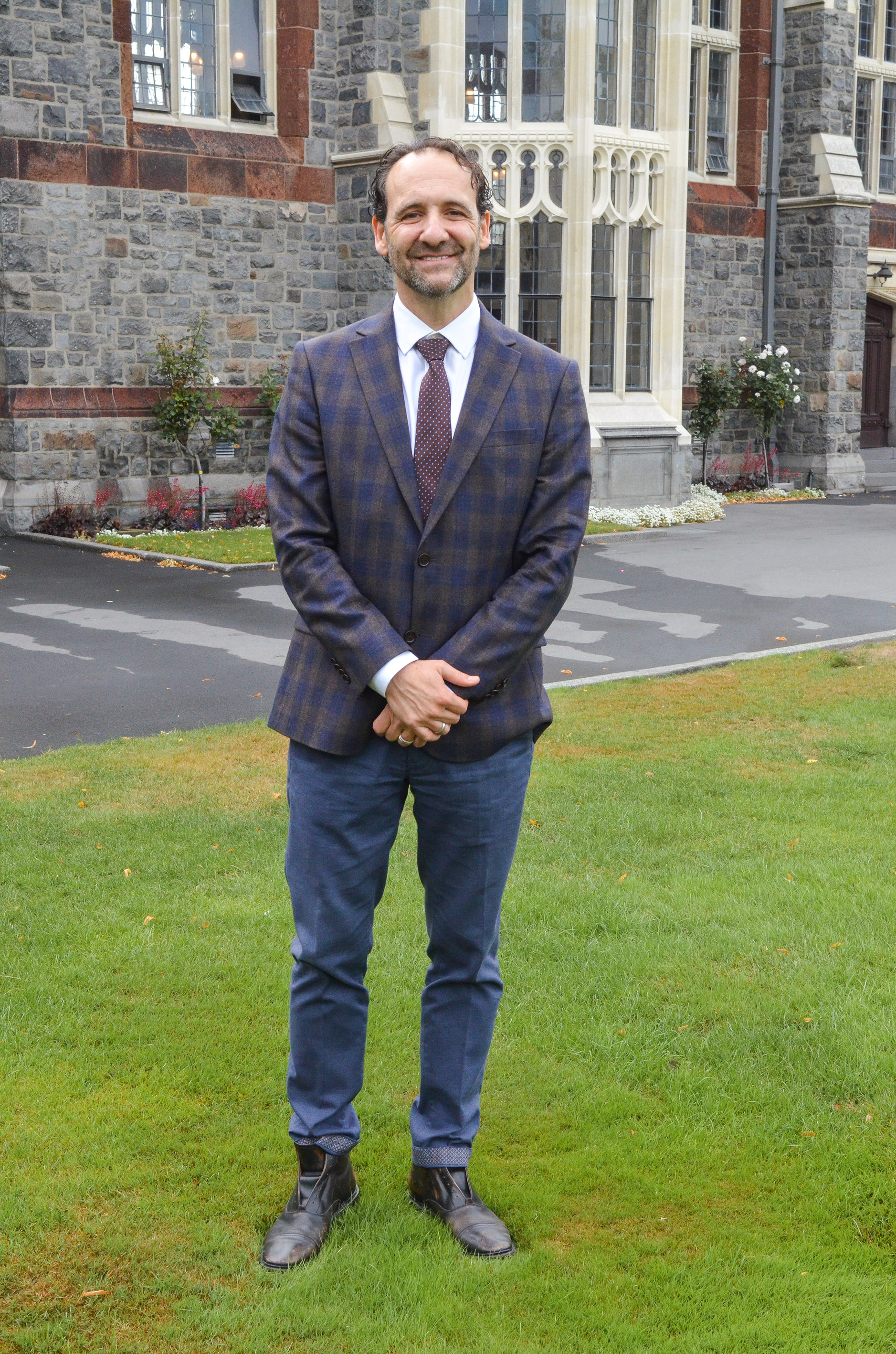Mental health expert challenges College community
14 Feb 2020
What kind of parent are you?
Authoritative, permissive/indulgent, authoritarian, or negligent?
The whole College community benefited from hearing a leading world expert on child and adolescent psychiatry share his views and research findings on student mental health on Thursday 13 February.
Dr Jess Shatkin leads the educational efforts of the New York University Child Study Centre, where he is Vice Chair for Education and Professor of Child and Adolescent Psychiatry and Pediatrics at the NYU School of Medicine.
Mood and anxiety disorders, attention deficit-hyperactivity disorder, disruptive behaviour disorders and sleep are his major clinical interests and he is the author of Born to be Wild –why teens take risks and how to keep them safe.
In sessions to staff, boys and parents he outlined the clear findings about which style of parenting produces students with better grades, less anxiety and depression and higher self-esteem.
A study begun in 1966 following a group of kids found those in loving, kind, directive relationships – the authoritative model – did better in every way, he said.
Communication was a vital component to adolescents achieving resilience, and teaching them how to improve their relationships, how to deal with their emotions and moderate them, how to discuss issues and have conversations was key to their success.
Healthy habits such as plenty of exercise – 60 minutes a day is ideal in his view – sleep, ideally 8-9 hours, and good nutrition were other important factors, along with teaching students about anxiety/stress management, risk reduction, and mood management.
“We can teach these skills in school. We know that more sleep improves emotional functioning – and we’re not giving our kids enough rest. Later school starting times at some places in the US have produced higher grades, better SAT scores and better decision making, for example.”
Having mental health services in schools was hugely beneficial.
“Big changes occur when students get mental health services in schools.”
Dr Shatkin spoke about limiting cell phone use – “postpone screens for as long as possible and postpone social media until at least 13 years old.”
“Screens should be a reward, not a privilege and all screens should be in shared spaces. Always supervise children on screens.”

